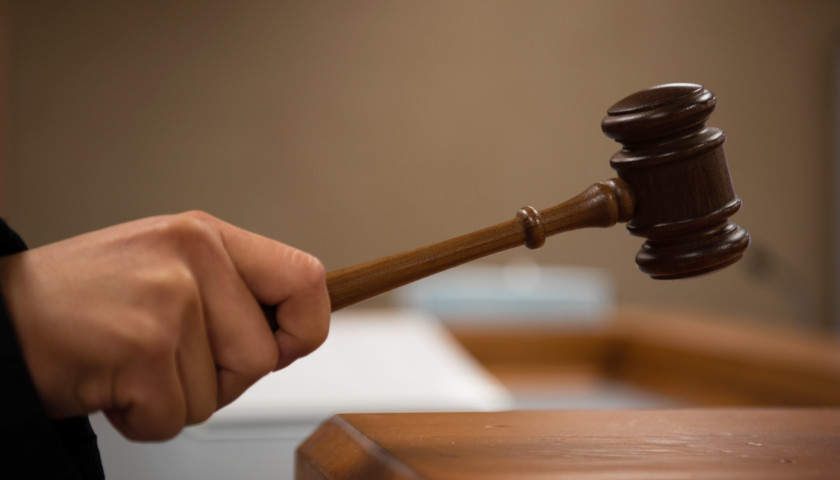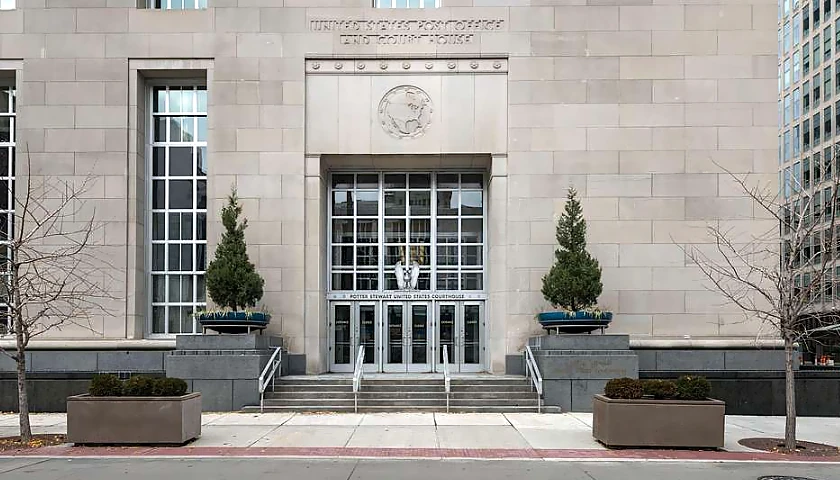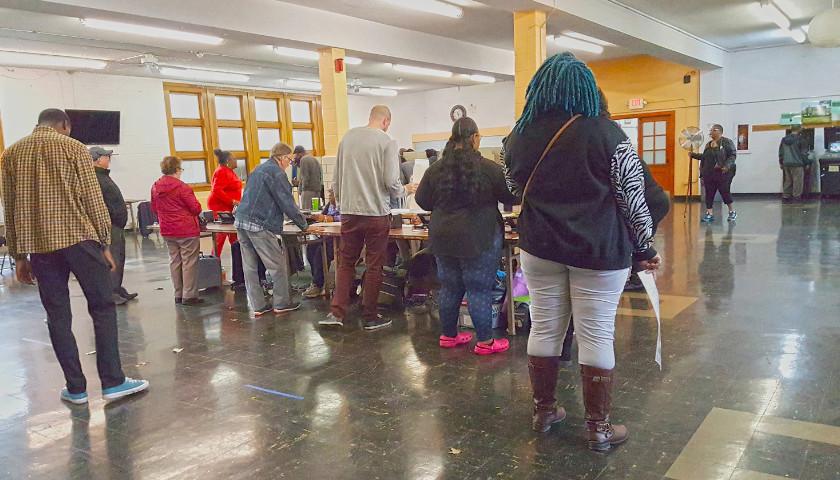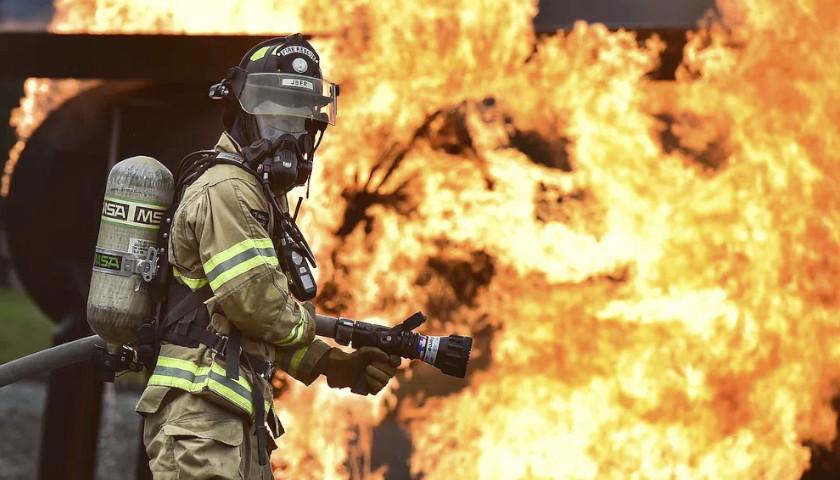A law (SB 1890) signed in May by Florida Governor Ron DeSantis that places a $3,000 limit on contributions to political committees collecting petition signatures for ballot initiatives recently faced legal opposition from state officials.
A preliminary injunction was requested by the American Civil Liberties Union of Florida (ACLU) and three political committees who argue SB 1890 violates First Amendment rights and makes it harder to acquire petition signatures and funds needed to amend the Florida Constitution.
The three political committees include, Our Votes Matter, Florida Votes Matter, and Fair Vote Florida. The committees are currently trying to add amendments that include registering people to vote when getting a driver’s license, allowing people to register and vote at the same time, and prevent legal financial obligations for felons who retained their right to vote from Amendment 4 in 2018.
As reported by The News Service of Florida, in order to reach the ballot in 2022, supporters must submit 891,589 valid signatures per initiative by February 1. According to the three committees requesting the injunction, they would need to raise $9 million each to be able to submit that many signatures by that deadline. A cause for concern for the three political committees who said the law limits “resources initiative advocates can muster to promote their ideas, persuade voters to support their efforts and collectively impart ideas on matters of public concern.”
The News Service further reported a 14-page document that was filed Tuesday by members of the Florida Elections Commission – part of Florida Attorney General Ashley Moody’s office – which addressed the issue surrounding SB 1890.
The document explains that the contributions cap is “temporary” or “until initiative supporters have submitted enough petition signatures to reach the ballot” and “would not be capped during the final months of campaigns about ballot initiatives.” It also states the cap is intended to assure that, “funding needed for a successful initiative petition has not been provided by a small handful, or even a single, very well-heeled special interest donor.”
Moody’s office continues to defend the law in the document by stating, “plaintiffs have not established that it is the cap on contributions that will prevent them altogether from successfully achieving ballot placement for their initiatives in a future general election ballot. They have therefore not shown the irreparable injury necessary for preliminary relief.”
The case was assigned to U.S. District Judge Allen Winsor who will make the decision regarding whether or not the preliminary injunction is warranted. Defendants include members of the elections commission and Secretary of State Laurel Lee, who has already requested dismissal from the case.
– – –
Casey Owens is a contributing writer for The Florida Capital Star. Follow him on Twitter at @cowensreports. Email tips to [email protected].





